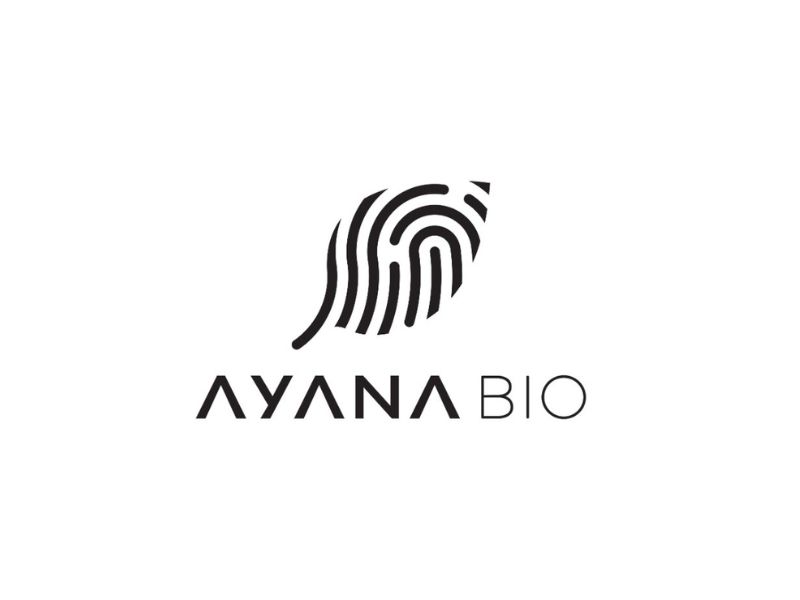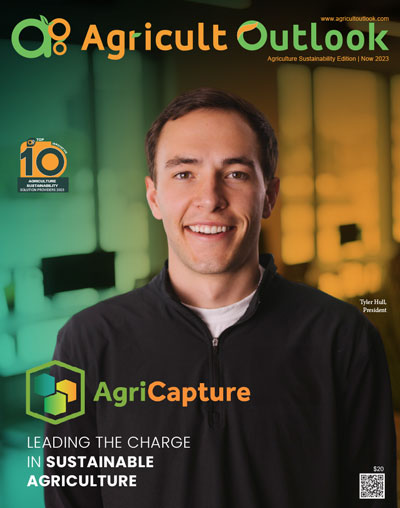Ayana Bio, the plant cell technology company dedicated to creating sustainable bioactives for consumer products, has officially secured a grant from the National Center for Complementary and Integrative Health (NCCIH), a part of the National Institutes of Health. According to certain reports, the company will use this grant to facilitate its research into the production of saffron’s neuroprotective bioactives through plant cell cultivation. Before we dig any further into this development, we must acknowledge how clinical studies throughout the world have long demonstrated saffron’s beneficial effects across a range of neurological and age-related diseases, such as depression, anxiety and Alzheimer’s disease. Not just that, saffron’s neurological effects are also proven to aid in weight loss, something they do by increasing satiety. Leveraging this very potential, $300 thousand NIH grant will fund Ayana Bio’s research to identify which complex of saffron bioactives can consistently demonstrate the highest neuroprotective benefits. With a special focus upon Huntington’s disease, the company will put to use its high-throughput synthetic biology capabilities of sequencing, multi-omics technology, and analytical chemistry to explore and select the best plant cell lines. On top of that, the research will also run a pre-clinical study on a C. elegans model of Huntington’s disease to address how plant cell cultivation can enhance the production of saffron’s bioactives. Hence, by identifying a standardized complex of bioactives that can be produced consistently, the researchers should stand a chance to study saffron’s health benefits more effectively for a range of diseases.
“Saffron is a super ingredient for our brains—not just our taste buds—but it remains untapped due to its exorbitant cost,” said Frank Jaksch, CEO of Ayana Bio. “Today’s grant from the NIH is a validation of plant cell cultivation’s ability to unlock botanicals like saffron’s powerful benefits and improve health outcomes.”
More on the study would reveal that it will get saffron cells to grow in temperature-controlled, stainless steel tanks known for creating a reliable source of real saffron – and its beneficial bioactive complex. Such a mechanism eventually helps in bypassing the quality issues that come from the constraints of conventional agriculture. Anyway, moving on, another detail contextualizing the importance of this grant is rooted in cost-effectiveness. You see, traditional saffron production requires up to 170,000 flowers to produce just one kilo of saffron, adding up to be a prohibitively expensive health and wellness ingredient. In case that wasn’t enough, then we must mention how growing saffron is now only becoming more and more challenging due to the worsening effects of climate change, which drive crop failures in the already constrained supply chain.
Markedly enough, the development in question also provides a rather interesting follow up to Ayana Bio’s joint development agreement with Wooree Bio, an agreement which will see the two companies develop plant-cell derived saffron for health and wellness products.



